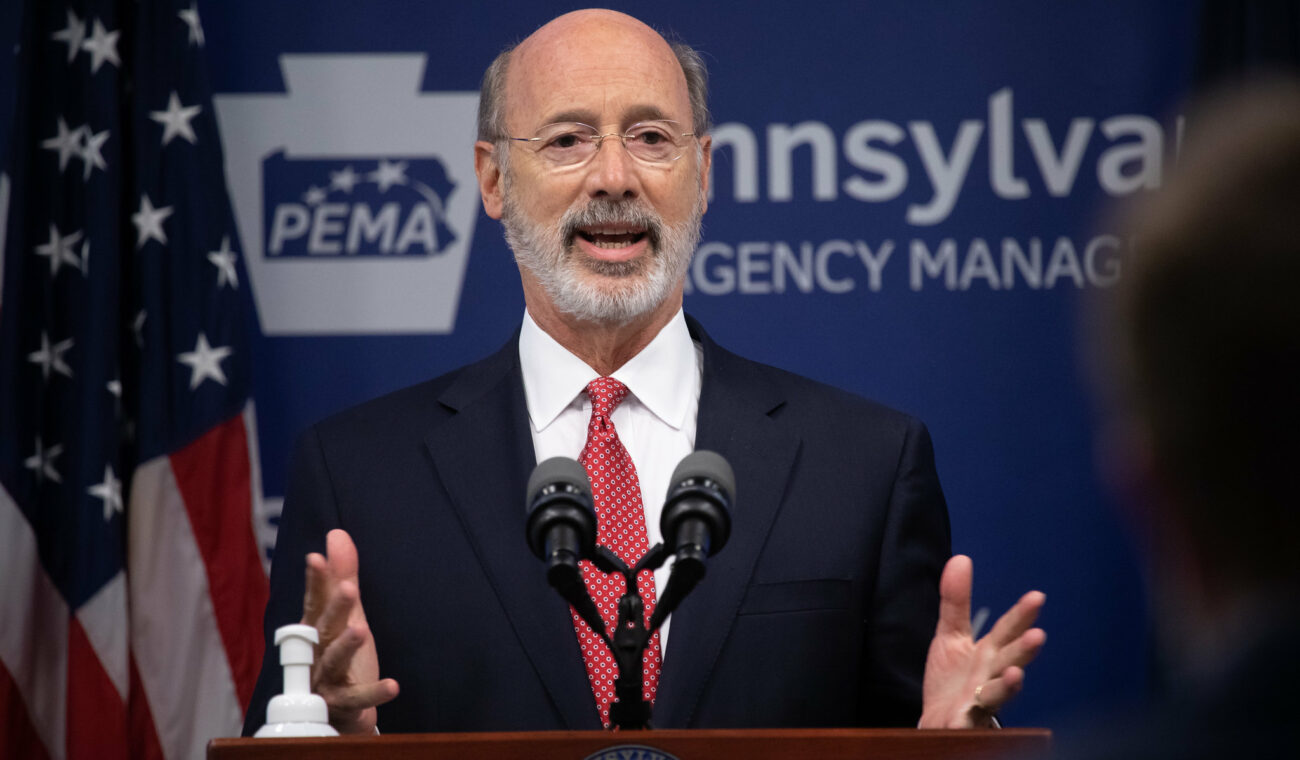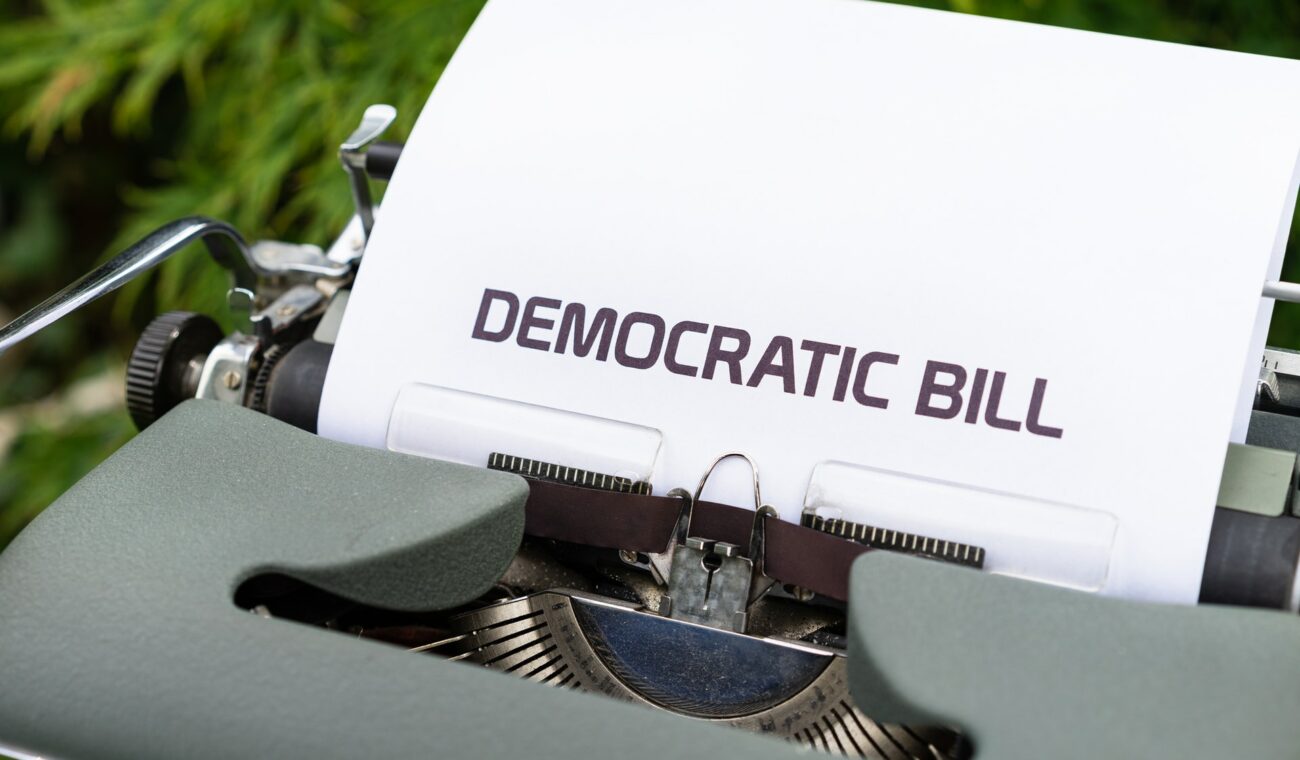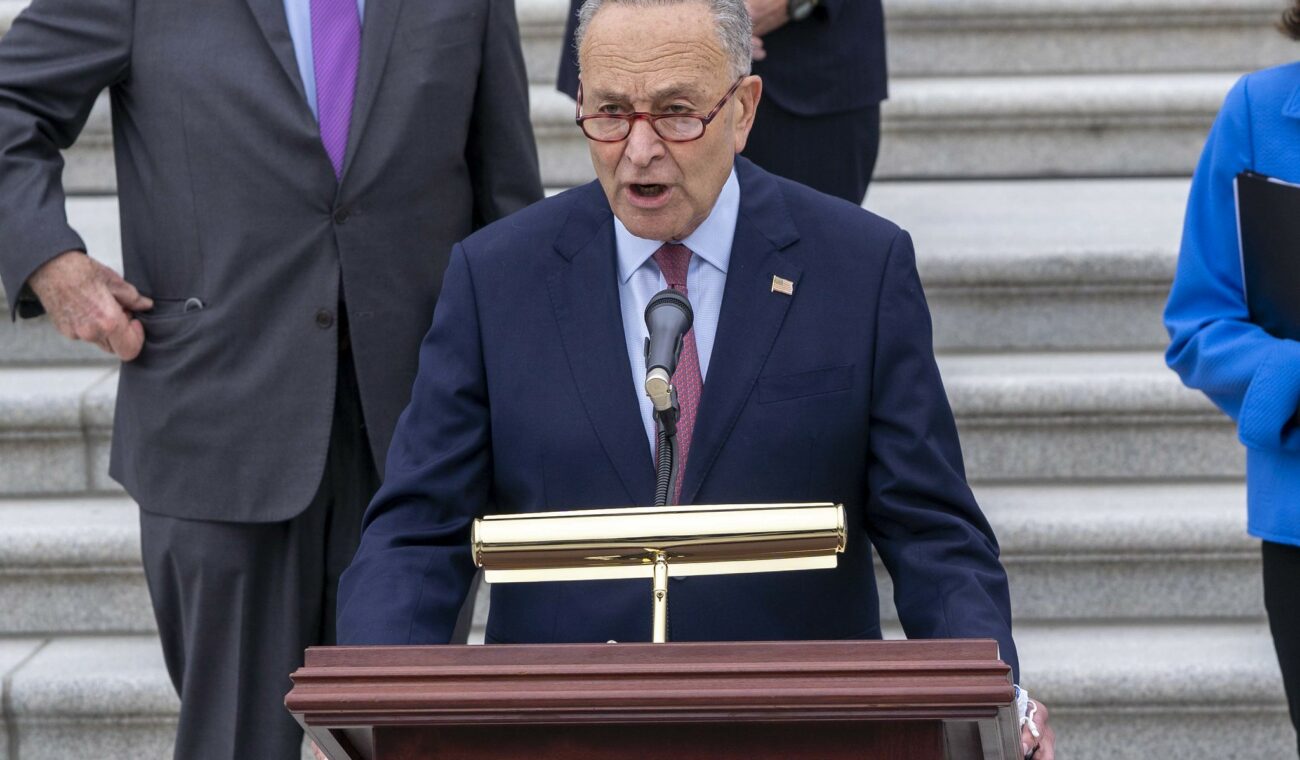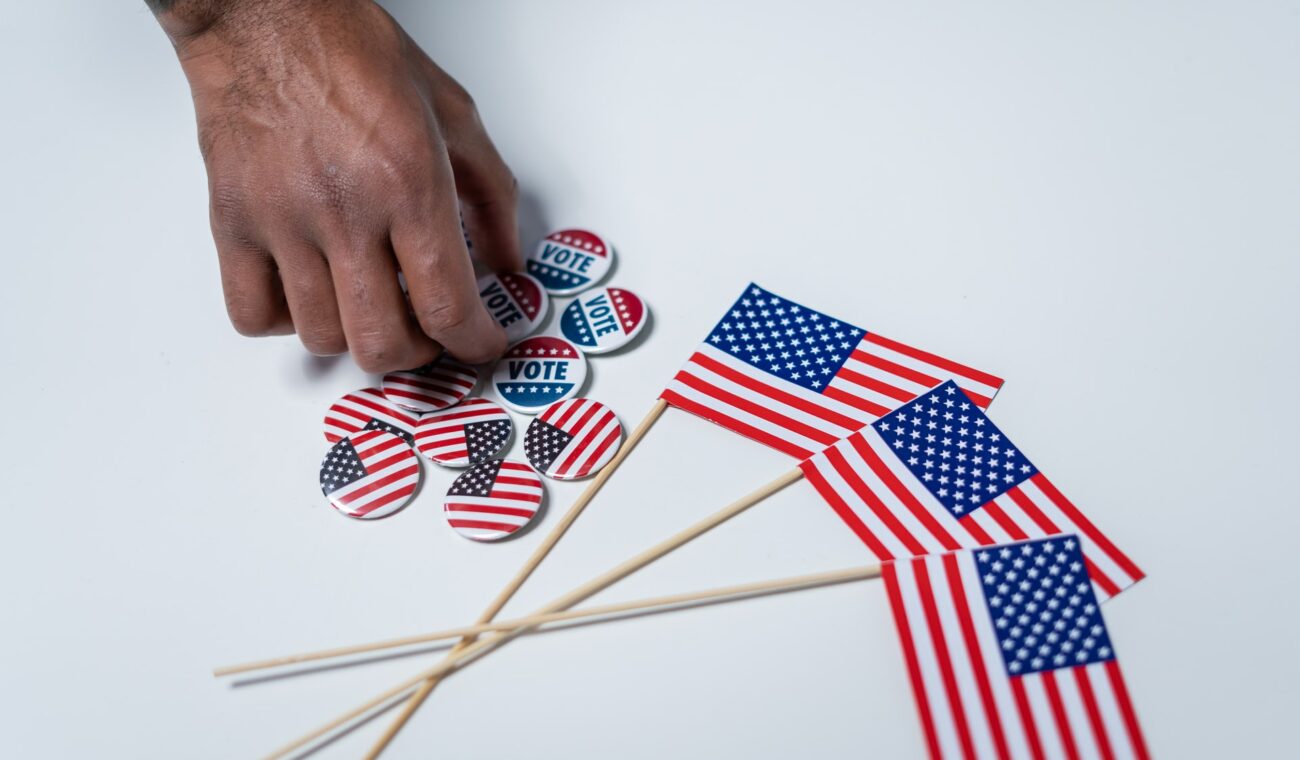Texas GOP’s voting restrictions bill could be rewritten behind closed doors after final House passage
After accepting several amendments offered by the Democratic minority, Republicans of the Texas House have sent a controversial voting bill to a conference committee, where its final form will be decided. While a growing public outcry against the bill means certain provisions have been modified to make the legislation less restrictive, Republican control of the Texas government makes it likely that the final version of the bill will remain unacceptable to many voting rights advocates and Democrats. Additionally, the revision process in the conference
Voter ID is a flashpoint in Pennsylvania election law talks
A call from Pennsylvanian Republicans for stricter voter ID requirements has been met with a swift rejection by the office of Democratic Governor Tom Wolf. Gov. Wolf has indicated a willingness to work with the Pennsylvania legislature’s Republican majority on a bipartisan overhaul of the state’s election laws, but any effort to tighten voter ID requirements appears to be a non-starter. Visit the Associated Press to learn more.Image Credit: Governor Tom Wolfe (CC BY 2.0) Voter Education Week Young adults will be the nation’s largest voting bloc in
‘Do or Die’: Democrats plan revisions to sweeping voting rights bill in Senate committee
The ambitious voting rights bill known as the For the People Act is being taken up by the Senate Rules Committee. Democrats, such as the bill’s lead sponsor Jeff Merkely (D-OR) and Rules Committee Chair Amy Klobuchar (D-MN), are planning to add a number of revisions to the bill. These changes are largely designed to ease administrative and logistical burdens the bill’s provisions may have on the states. Loosening the deadlines contained in the current version is a key feature of the new amendments.
Senate Dems agonize over voting rights strategy
Senate Democrats are struggling to agree on a way forward for the ambitious voting rights package known as the For The People Act. While the bill has 49 co-sponsors, Senator Joe Manchin (D-WV) has yet to sign on, and the bill is not expected to receive any Republican support. Some progressives are hopeful that this bill will serve as a catalyst for the end of the filibuster, however both Senators Manchin and Sinema (D-AZ) have publicly opposed such a change to the Senate rules.
Push to Expand Voting Rights in Connecticut
Activists, faith leaders, and other community members in Connecticut are urging state lawmakers to pass two voting rights resolutions. One of these would allow for no-excuse absentee voting. The other would allow for early, in person voting - Connecticut is currently one of seven states which do not offer it. Visit NBC Connecticut to learn more. Voter Education Week Young adults will be the nation’s largest voting bloc in the upcoming election and the National Voter Education Week plans to equip them with the tools and information they need





